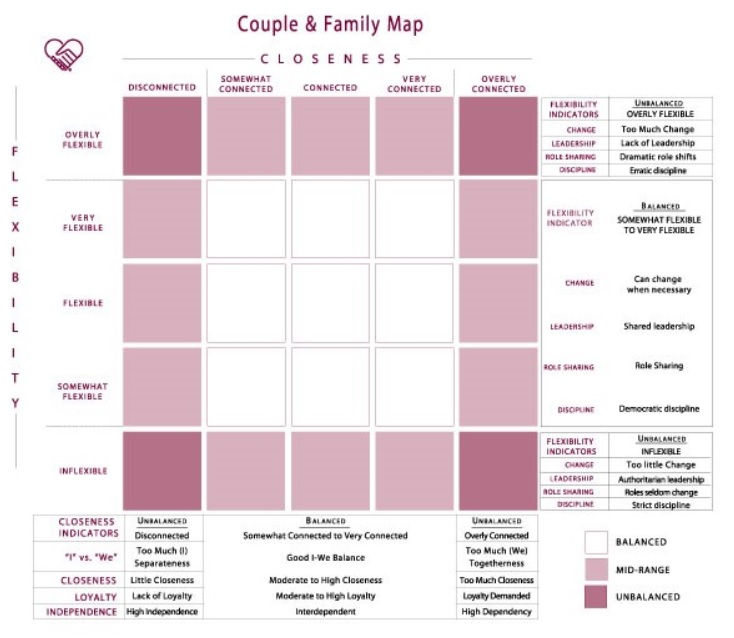Christian Purity Culture
- rogerlinpsyd
- Jan 9, 2025
- 4 min read
Christian purity culture has been prevalent in conservative evangelical circles Christian purity culture teaches the idea that sexual abstinence before marriage is the highest moral standard. It emphasizes rules about modesty, sexual temptation, and gender roles. I'll discuss how purity culture can be damaging, how we can overcome these harmful aspects, while maintaining a healthy and balanced biblical approach to dating and sexuality.
1. Shame and Guilt
Toxicity: Purity culture often equates sexual desire with sin, creating an environment where young people feel shame and guilt about natural feelings of attraction or sexual arousal and curiosity. This can lead to a distorted view of sexuality and self-worth.
How to Overcome: Understand that sexuality, when expressed within a healthy, consensual, and loving context, is a natural part of God's creation. A biblical view of sex can help reframe how you view it. Recognize that feelings of attraction or desire are not inherently sinful—they are a normal, human part of being made in God's image. Overcome shame by embracing God's grace and accepting that mistakes do not define your worth.
2. Unrealistic Expectations and Pressure
Toxicity: Purity culture often emphasizes the concept of "saving yourself" for marriage, sometimes to the point of unrealistic expectations. This can create pressure to perform perfectly and might lead to feelings of failure or inadequacy if someone does not meet those standards.
How to Overcome: Acknowledge that human relationships are complex and that growth, learning, and forgiveness are part of the journey. Strive for healthy, respectful, and consensual relationships, and allow space for both personal growth and God's grace in your own journey. Relationships should be built on trust, respect, and communication, not a checklist of behaviors.
3. Excessive Focus on Modesty
Toxicity: Purity culture tends to focus heavily on modesty (i.e., how individuals dress or behave) as a way to avoid sexual temptation. While modesty can be a virtue, overemphasizing it can foster the idea that someone’s worth or purity is tied to how they appear or behave in public.
How to Overcome: Develop a healthier understanding of modesty, where it comes from an internal desire to honor God and respect others, rather than to conform to rigid external standards. Understand that real purity and integrity stem from one's heart and actions, not just from appearance.
4. Lack of Comprehensive Sexual Education
Toxicity: Purity culture often avoids open discussions about sexual health, pleasure, and the spiritual and emotional aspects of intimacy, instead focusing exclusively on the avoidance of sin. This can lead to ignorance, confusion, or shame when it comes to understanding healthy sexual relationships.
How to Overcome: Seek out balanced, faith-based education on sexuality, intimacy, and relationships. Educate yourself about both the physical and emotional aspects of sex. Understand that sexuality within marriage should be mutual, consensual, and rooted in love and respect.
5. Perpetuation of Gender Roles
Toxicity: Purity culture often reinforces rigid gender roles (e.g., men should pursue, women should remain passive or “protected”) that can limit healthy self-expression and relationship dynamics. These stereotypes can foster unhealthy power imbalances and lead to a lack of equality in relationships.
How to Overcome: Embrace mutuality and equality in relationships. Healthy relationships should involve shared decision-making, mutual respect, and understanding. The Bible does not endorse toxic gender roles but calls both men and women to love and serve one another.
6. Damaging Views on Marriage and Sexuality
Toxicity: Purity culture often idealizes marriage as the ultimate goal, leading to a belief that marriage is the only valid context for a fulfilling sexual life. This can create disillusionment or feelings of inadequacy for those who are single or for those who enter marriage with unrealistic expectations about sex and intimacy.
How to Overcome: Shift your understanding of marriage and sex to one that focuses on mutual love, trust, and commitment rather than viewing them as a mere “end goal.” Single Christians can embrace the beauty of their own relationship with God and serve others in different ways. In marriage, prioritize mutual care, communication, and growth.
Building a Healthy Sexual and Dating Life:
Cultivate Healthy Boundaries: Understand your own beliefs, boundaries, and desires. Establish what your convictions are, and communicate openly with your partner about your boundaries and expectations.
Seek a Holistic View of Sex: Recognize that sex is more than a physical act; it involves emotional and spiritual intimacy. Explore how your faith can guide you toward meaningful, respectful relationships that honor God and each other.
Reject Shame and Embrace Grace: If you've struggled with the weight of purity culture’s guilt, know that God's grace is sufficient for you. No matter where you've been or what mistakes you've made, you are forgiven and loved by God. Let that grace empower you to build healthy relationships based on love, respect, and trust.
Explore Healthy Communication: Discuss desires, boundaries, and expectations openly with your partner. Mutual respect and communication are key to a healthy relationship.
Seek Mentorship and Support: Surround yourself with a supportive community or mentors who can offer guidance in navigating relationships, dating, and sexuality with a Christ-centered perspective.
Follow Biblical Gospel Standards: Instead of adhering to rigid, man-made rules, ask God to help you build your own standards for dating and sex, rooted in love, respect, and personal conviction, not shame or fear.
Overcoming the toxicity of Christian purity culture involves reframing how we understand sexuality, dating, and marriage in light of grace, mutual respect, and love. By moving away from shame-based teachings and toward healthy, respectful relationships, you can experience the fullness of intimacy that God intended.

Comments